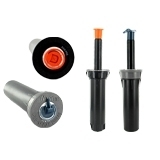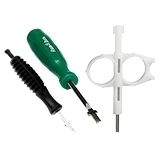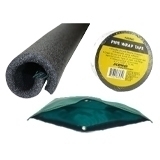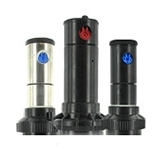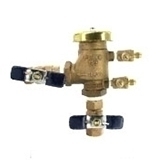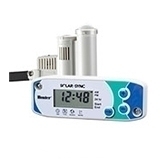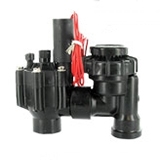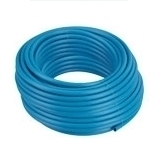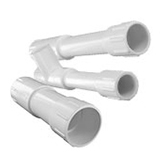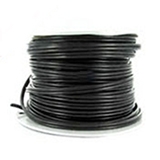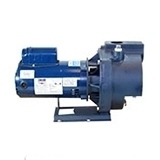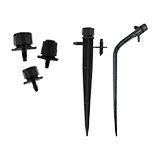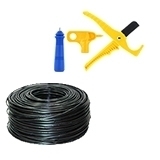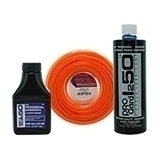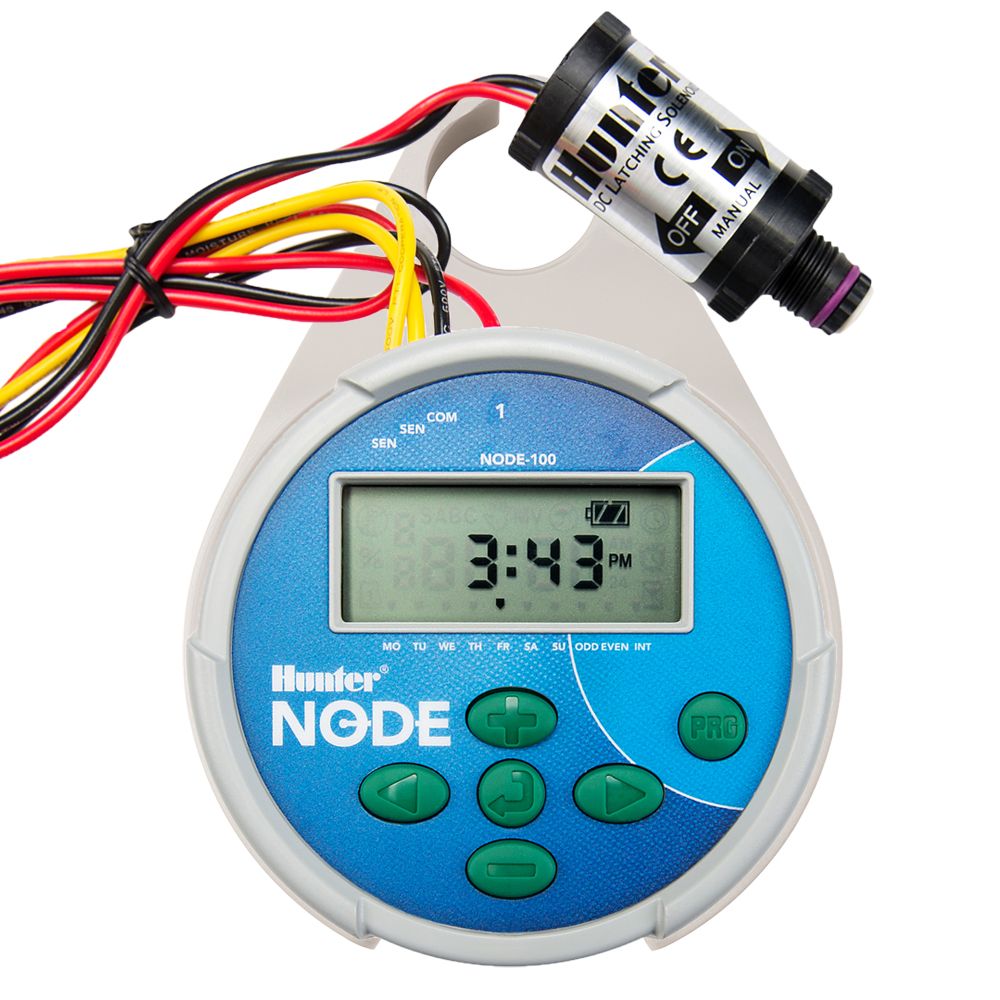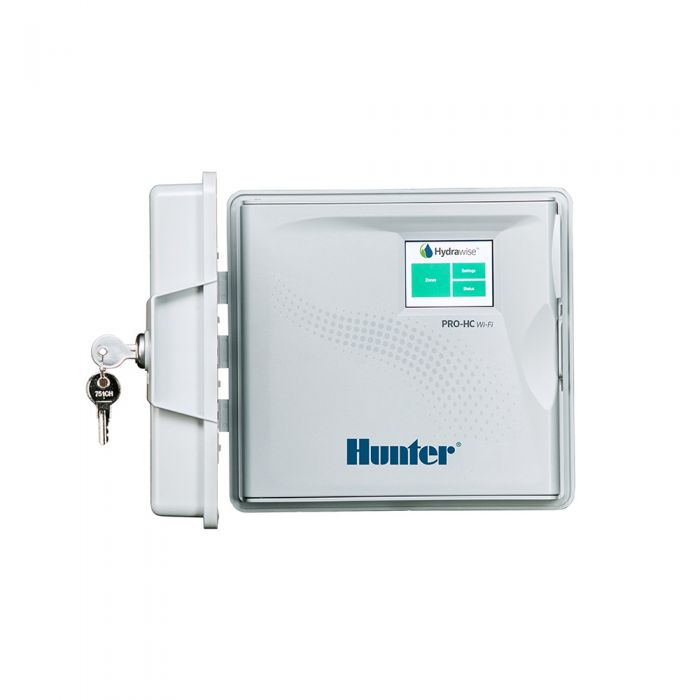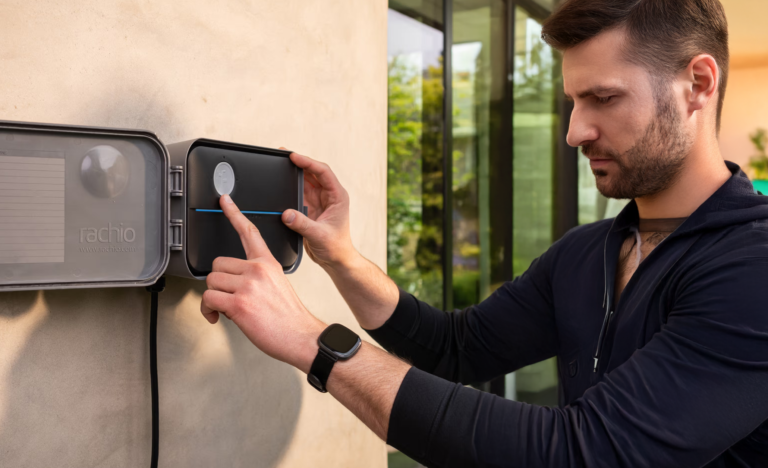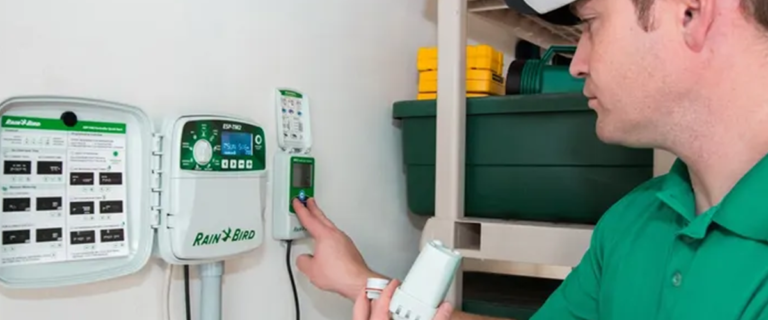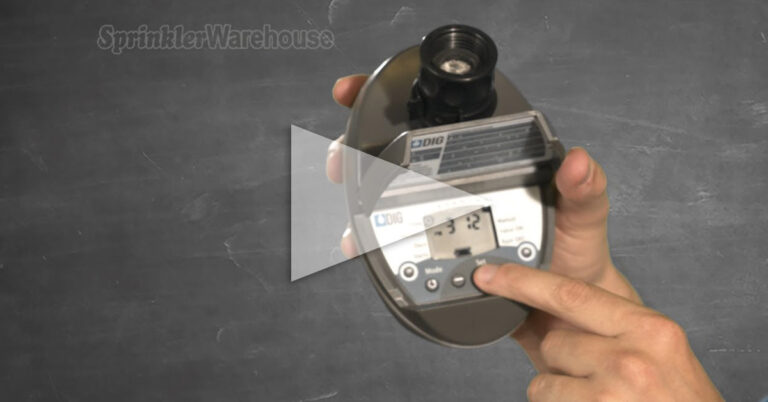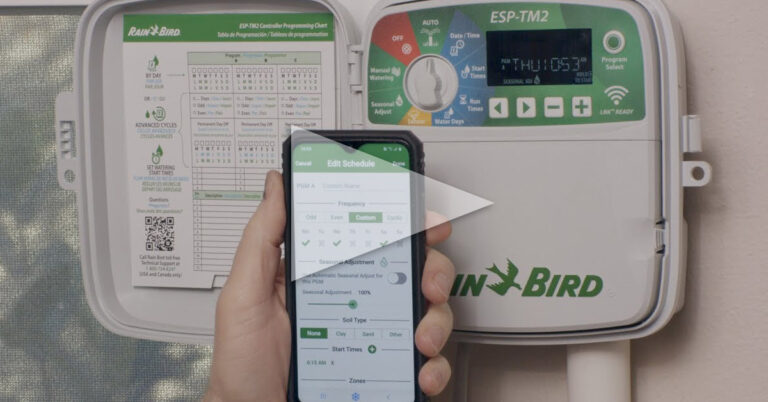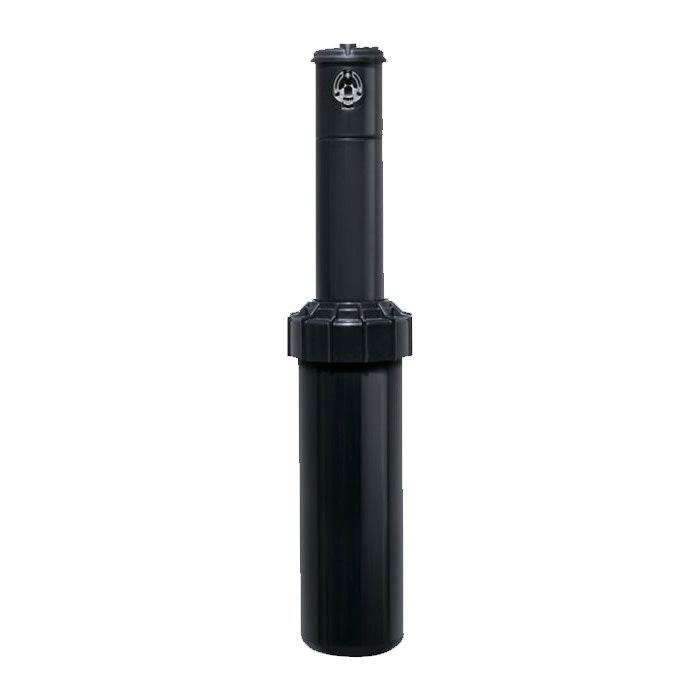Table of Contents
Choosing an Irrigation Timer
Automating your sprinkler system with an irrigation controller is one of the easiest ways to save time and water. Sprinkler timers, also known as controllers, smart controllers, or clocks, are used to activate and deactivate automatic sprinkler systems at a scheduled time. With one of these devices installed, you can sit back and relax as your plants water themselves. But there are so many types of sprinkler controllers, so how do you choose one that fits your setup? Let’s review some of the most important factors to consider when selecting an irrigation controller.
Browse Our Selection Of Irrigation Timers At SprinklerWarehouse.com
Choose the Right Irrigation Timer for Your Lawn
The best sprinkler controller for any given setup varies depending on a few key factors. Before deciding on a timer, consider the following details about your lawn and sprinklers:
- Smart or Conventional
- The Operation Location
- The Number of Zones
- The Number of Programs
- Additional Features
Below, we’ve gone into depth about each of these criteria.
Conventional & Smart Timers
Conventional irrigation timers are the traditional controllers that many homeowners are probably familiar with. They operate on a fixed schedule that you can program for specific days, start times, and run durations. Once scheduled, the system will repeat that cycle until you change it. Smart irrigation timers, on the other hand, use advanced technology to make watering more efficient. Many use local weather data and soil moisture sensors to help fine-tune watering schedules in real-time. This makes them ideal for tech-savvy homeowners, larger properties, or regions where water conservation is a priority.
While smart sprinkler timers typically cost more up front, they often save money in the long run by reducing water waste and keeping landscapes healthier with less effort. For consumers who want low maintenance and optimal efficiency, smart timers are usually the better choice, while conventional timers remain a solid, budget-friendly option for straightforward irrigation needs.
Where to Install a Sprinkler Timer
Indoor sprinkler timers are designed to be mounted inside a garage, shed, or utility room where they’re protected from the elements. They plug into a standard electrical outlet and are a good option for homeowners who prefer easy access to their irrigation controls. Outdoor sprinkler timers, on the other hand, are built with weather-resistant enclosures that protect them from moisture and UV exposure. Outdoor timers are especially well-suited for properties where the irrigation setup is extensive, or where it isn’t practical to run wiring into a garage or indoor space.
For consumers with small residential systems and a preference for convenience, indoor timers are often the best choice. But for larger landscapes, commercial properties, or areas where the system’s controller must be placed outside, outdoor timers will be more reliable in the long term.
Controllers & Zone Capacity
Most controllers are built to handle a specific number of zones, and if your system has more zones than your controller can manage, you’ll be forced to water multiple areas together. With a wide variety of plants, this can lead to uneven coverage or plant stress. Choosing a controller with enough capacity ensures each part of your yard receives the right amount of water.
For consumers with small residential properties, a basic controller is usually sufficient and cost-effective. Larger properties with multiple turf areas, garden beds, or specialized irrigation needs might require a more robust controller that can support several zones. Homeowners who anticipate expanding their landscapes may also want to invest in a controller with more zone capacity than they currently need, saving the hassle of upgrading later.
Programs for Your Sprinkler Controller
The number of programs on a sprinkler controller determines how much flexibility you have in managing different parts of your landscape. A “program” is essentially a set of instructions that tells your system when and how long to water. Controllers with only one program can run all zones on the same schedule, which works for very simple landscapes but may not meet the needs of varied plants and soil types. However, homeowners with diverse landscaping, like lawns, shrubs, vegetable gardens, and drip systems, will benefit from controllers that offer several programs.
In short, if your yard has a variety of watering needs, investing in a controller with multiple program options is the best bet.
Other Controller Features
In addition to what is listed above, there are a few other things to consider when choosing the best sprinkler timer for your lawn or garden:
- Do you need the controller for drip irrigation?
- Do you need a battery-operated controller, or do you have a nearby outlet?
- Do you want to access the controller via Wi-Fi?
Based on your own feedback, you should have a list of wants and needs for your irrigation timer. Keep in mind that there is no “best irrigation timer” on the market, just several different options that cater to different irrigation systems.
If you need more help choosing the best sprinkler timer, you can connect with our team at SprinklerWarehouse.com. Our team of irrigation experts will be happy to suggest a few timers that will suit your sprinkler system.



